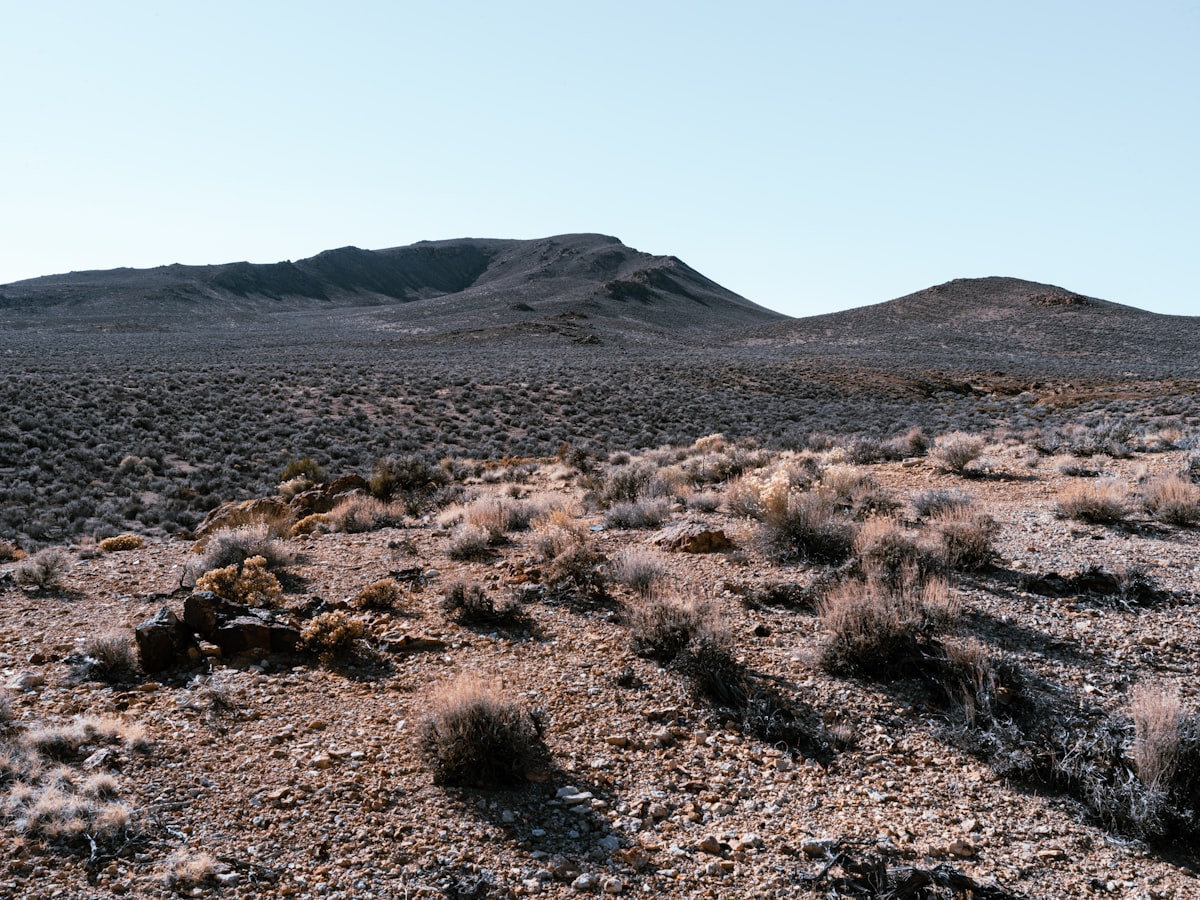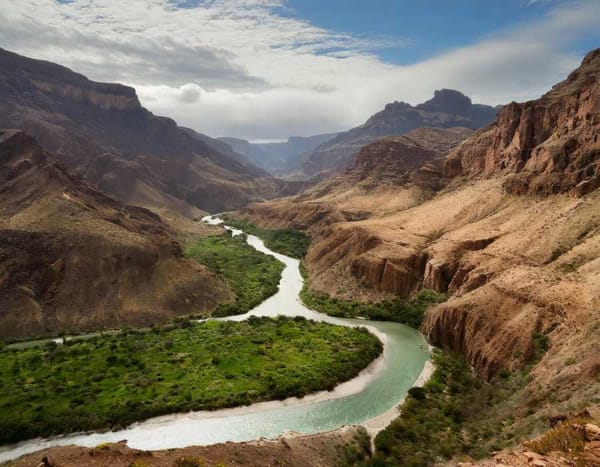Desertification is slowly progressing in most parts of the world
Learn why in the last fifty years, desertification and drought have advanced by 1% per year, a phenomenon that will increase in the coming years.

In the last fifty years, desertification has advanced by 1% per year, a phenomenon that will increase in the coming years in southern Europe, areas of Central America, Asia, and Africa, according to estimates that frame the Day of Desertification and Drought, which is celebrated on June 17. This year, the United Nations Convention to Combat Desertification (UNCCD) focuses the celebration with the theme "food, fodder and fibers", which aims to change public attitudes towards the main cause of this phenomenon: "the incessant production and consumption of the population".
According to data from the UNCCD, 70% of ecosystems have been transformed, a situation that will be accentuated because, by 2030, 300 million more hectares will be needed for food production, factors that will favor the advance of desertification, droughts, and the effects of climate change, because everything is related. The professor of the University of Lleida, Víctor Resco de Dios, explained in an interview with EFE that in the last 50 years desertification has advanced 1% each year, a phenomenon that has affected more "areas of the sub-Saharan area of Africa, East, and Central Asia - like the deserts of China - and Saudi Arabia".
But also "southern Europe will be an area affected by climate change", according to several studies, the latest one - recently published in Proceedings of the National Academy of Sciences of the USA (PNAS) - and "southern Spain will be an area that cannot be lived in".
Drought in the Amazon Basin
n Latin America, "drought is going to increase in the Amazon Basin, a situation that could lead to a very high level of tree death, with much forest degradation, and an amplifying effect of climate change by ceasing to absorb emissions due to the loss of an important carbon dioxide (CO2) sink. Likewise, the future of tropical forests "is one of the main uncertainties that currently exist in terrestrial carbon sink models", because, "if drought increases, fires will also increase as another amplifier of climate change".
Record of deforestation
One of the factors in the decrease in rainfall is deforestation, which in the Brazilian Amazon set a new record last May, according to data from Brazil's National Institute of Space Research (INPE). According to the INPE, the increase in the destruction of the Amazon ecosystems grew last May by 829 square kilometers, an area equivalent to half the area of Sao Paulo, South America's largest city.
The Amazon is "a great reserve of carbon and climate fixer," but deforestation, according to INPE, is causing "the appearance of fires in those areas when the dry season has just begun. A situation is reminiscent of the wildfires in Australia last summer, where drought and warming led to the deaths of 33 people and more than 3,000 homes being burned.
In relation to Central America, Resco de Dios explained that "there is a lot of uncertainty, but in general there are also expected decreases in rainfall" and only "in Argentina and Uruguay, in South America, can there be an increase in rainfall".
Water redistribution
However, the drought "will not increase equally throughout the world", because "the amount of water will be the same, what climate change will do is redistribute it. It will cause an increase in precipitation in some areas of the planet while representing a decrease in others. According to studies compiled in the IPCC reports, climate change is expected to "increase inequalities between rich and poor countries, because it will increase drought in areas that are already dry and where some 500 million people currently live. However, "humidity will increase in already humid areas".
The increasing overexploitation of resources on the planet and drought - "the silent killer" - will cause the loss of agricultural land, water sources, and biodiversity to spread, said the Executive Secretary of the United Nations Convention to Combat Desertification (UNCCD), Ibrahim Thiaw, in an interview with EFE.




